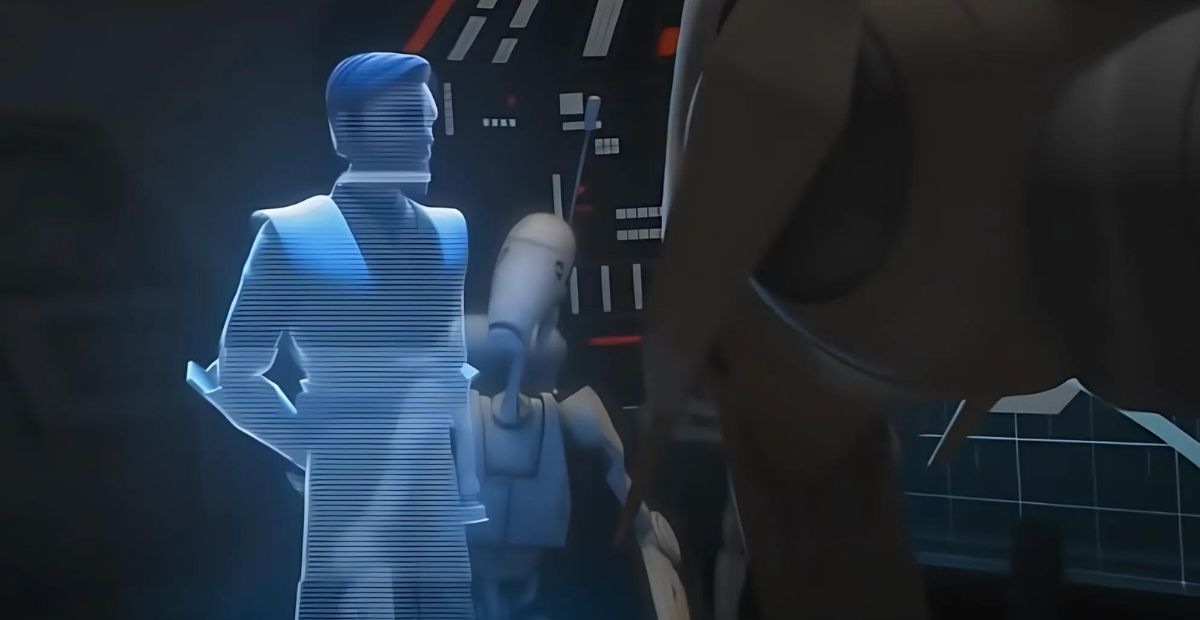I decided to rewatch Season 1 of The Clone Wars, and everything was going fine—until I got to Episode 9, “Cloak of Darkness.” That’s when I noticed a small detail that had me questioning everything.
Why did Obi-Wan warn General Grievous about the self-destruct sequence on his ship, The Negotiator?
I mean, if I were Obi-Wan, I’d just stay quiet and let Grievous walk right into the explosion. The Republic could’ve taken him out easily, right? But instead, Obi-Wan gives him a warning.
So what’s the deal?
Jedi Code and Honor
If there’s one thing we know about the Jedi, it’s that they stick to their Code, even when dealing with an enemy. They believe all life is valuable, and that’s what guides their actions—no revenge, no killing out of anger, and no striking down an unarmed opponent.
So when General Grievous was retreating, Obi-Wan couldn’t just let him die without warning. Even though Grievous was ruthless, he wasn’t an immediate threat at that moment. If Obi-Wan had let him die, that would’ve gone against everything the Jedi stand for.
And we can actually find proof of this. StarWars.fandom’s entry on the Jedi Code states that a Jedi is expected to respect life—even the life of a dangerous enemy. That’s exactly what Obi-Wan does here. By warning Grievous, he shows that even in war, he stands by the Jedi values that separate the Light Side from the Dark.

Why Obi-Wan’s Warning to General Grievous About the Self-Destruct Was a Calculated Move
In Cloak of Darkness, Obi-Wan Kenobi’s ship, the Negotiator, comes under attack by General Grievous.
As the battle escalates, Obi-Wan realizes the ship is a lost cause and makes a bold call—setting it to self-destruct to keep it from falling into enemy hands. But before escaping, he records a holographic message for Grievous, warning him about the imminent explosion.
At first, that might seem like an odd decision—why give your enemy a heads-up? But when we break it down, there’s more to it than meets the eye.
This was a strategic move, not an act of mercy. By warning Grievous, Obi-Wan ensures that the Separatist general abandons the ship immediately. And that’s the key—if Grievous had stuck around, he could’ve accessed the ship’s databanks, gaining valuable intel on the Republic’s strategies.
Imagine what could’ve happened if the Separatists got their hands on that information. Obi-Wan wasn’t just thinking about the moment—he was thinking ahead. His warning wasn’t about sparing Grievous; it was about protecting the Republic’s secrets and making sure Grievous walked away with nothing.

